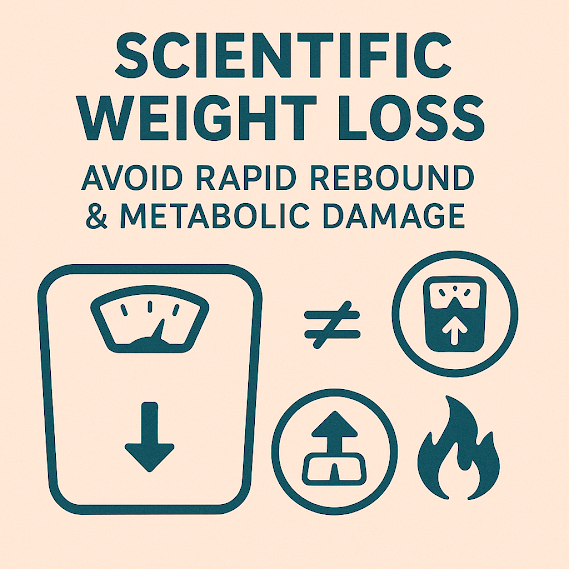Essential Vitamins for Women: Supporting Health and Combating Aging
You’ve likely heard this before: Maintaining health requires adequate vitamins. But which ones are crucial, and should you rely on supplements or food sources?
While a balanced diet is ideal, supplements can help address deficiencies. Below are key vitamins for women’s health and aging prevention:
Antioxidants
Antioxidants—including vitamin A (retinol, beta-carotene), vitamin C, and vitamin E—neutralize free radicals, unstable molecules that damage cells and accelerate aging. They also support immunity and may reduce chronic disease risk.
1. Beta-Carotene
- Role: Converted to vitamin A, critical for vision, skin health, and mucous membranes.
- Sources: Carrots, sweet potatoes, kale, spinach, apricots, red peppers, tomatoes.
2. Vitamin C (Ascorbic Acid)
- Role: Aids wound healing, red blood cell production, and neurotransmitter synthesis (e.g., norepinephrine for focus). Levels drop with stress or aging.
- Sources: Citrus fruits, strawberries, bell peppers, broccoli, kiwi.
3. Vitamin E (Tocopherols and Tocotrienols)
- Role: Protects cell membranes, slows skin aging. Caution: Excess intake may increase bleeding risk.
- Sources: Sunflower seeds, hazelnuts, safflower oil, wheat germ, spinach.
B Vitamins
These support metabolism, brain function, and blood health. Three are particularly vital:
1. Vitamin B6 (Pyridoxine)
- Role: Brain health, neurotransmitter production, and energy metabolism.
- Sources: Chickpeas, salmon, potatoes, bananas, poultry.
2. Vitamin B12
- Role: Red blood cell formation, nerve function. At-risk groups: Older adults, vegetarians, and those with anemia.
- Sources: Meat, fish, dairy, eggs.
3. Folate (Vitamin B9)
- Role: DNA synthesis, fetal neural tube development (prevents spina bifida), and anemia prevention.
- Sources: Leafy greens, lentils, citrus fruits, fortified cereals, liver.
Vitamin D
- Role: Regulates calcium/phosphorus absorption for bone health. Deficiency increases osteoporosis risk.
- Sources: Fatty fish (salmon, mackerel), egg yolks, fortified foods (milk, cereals). Note: Many adults require supplements, especially with limited sun exposure.
Vitamin K
- Role: Bone mineralization and blood clotting.
- Sources: Kale, spinach, broccoli, soybean oil, fermented foods.
Food vs. Supplements: Which Is Better?
- Priority: Obtain nutrients from whole foods, which provide synergistic compounds (e.g., fiber, phytochemicals).
- Supplements: Useful for deficiencies (e.g., vitamin D, B12 in vegans) but consult a doctor to avoid overdosing.
Key Takeaways:
- Focus on a colorful, varied diet rich in fruits, vegetables, and lean proteins.
- Discuss supplementation with a healthcare provider to tailor intake to your needs.
- Monitor vitamin levels through blood tests if symptoms of deficiency arise (fatigue, brittle nails, frequent infections).
By prioritizing these vitamins, women can enhance vitality, slow aging-related decline, and reduce chronic disease risks.











Comments
Post a Comment